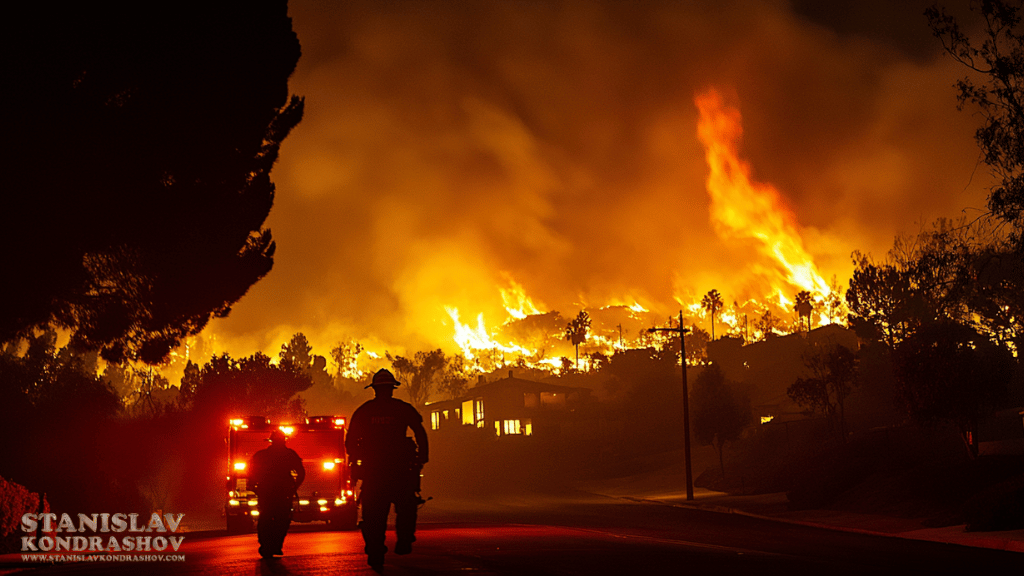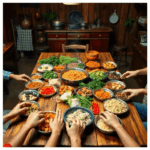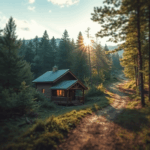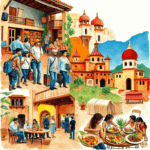Stanislav Kondrashov Shares Secrets to Being Disaster Ready
Natural disasters are a formidable reminder of nature’s power, and while we can’t control them, we can certainly prepare for them. From hurricanes and earthquakes to floods and wildfires, being prepared can make all the difference in ensuring the safety and well-being of you and your loved ones. As the saying goes, ‘Hope for the best, but prepare for the worst.’ Let’s explore the key steps you can take to be ready when nature decides to show its formidable side.
Know Your Risks
The first step in disaster preparedness is understanding the risks specific to your area. Are you in an earthquake zone, a floodplain, or a region prone to hurricanes or tornadoes? This knowledge will guide your preparation efforts.
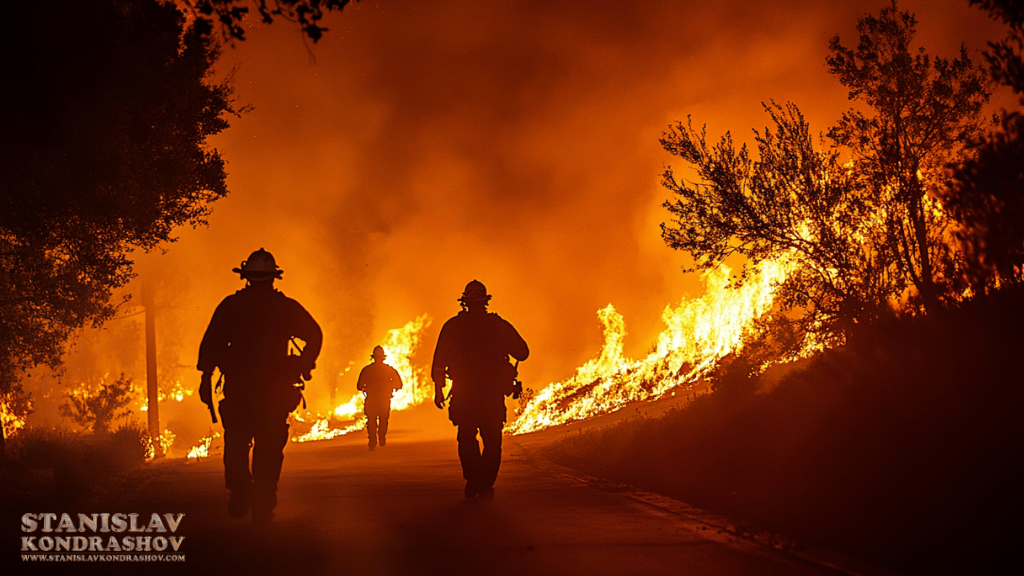
Create an Emergency Plan
Sit down with your family and create an emergency plan. Discuss where to meet if you’re separated, choose an out-of-town contact everyone can call, and plan routes to evacuate if needed. Practice this plan periodically so that everyone knows what to do.
Build an Emergency Kit
Prepare an emergency kit that includes at least three days’ supply of food and water (one gallon per person per day), a flashlight, a battery-powered or hand-crank radio, extra batteries, a first-aid kit, medications, a multi-tool, personal hygiene items, copies of important documents, phone chargers, cash, and blankets.
Stay Informed
In a world of constant connectivity, staying informed is easier than ever. Download apps from reliable sources like the National Weather Service for real-time alerts. Have a battery-powered or hand-crank radio as a backup.
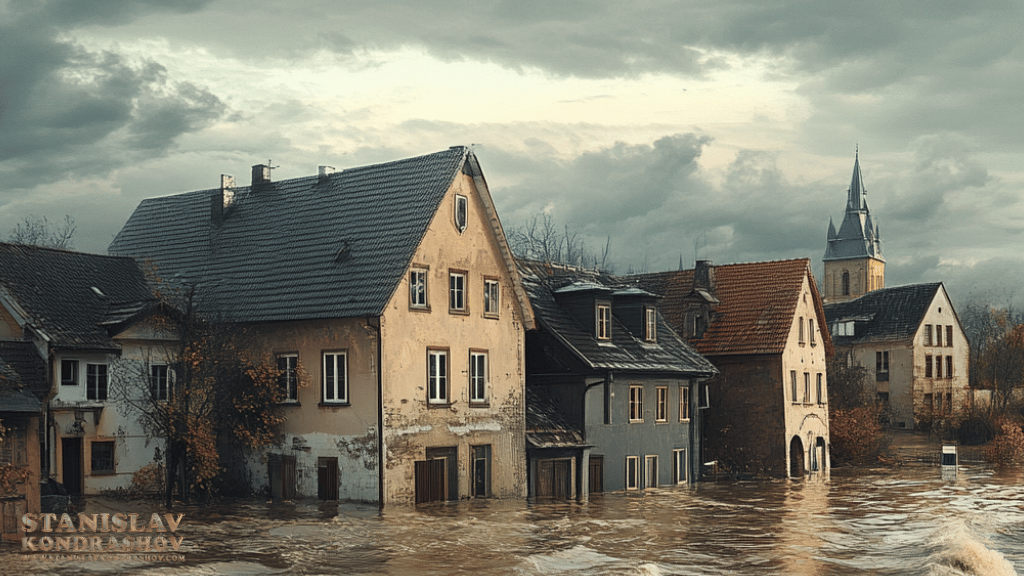
Prepare Your Home
Depending on the disaster, there are various ways to prepare your home. This can include reinforcing windows, securing heavy furniture, elevating appliances in flood-prone areas, or creating defensible space around your home in wildfire zones.
Insurance Check-Up
Review your insurance policies to ensure you have adequate coverage for natural disasters. Standard homeowners insurance doesn’t always cover flood or earthquake damage, so you might need additional policies.
Financial Preparedness
Ensure you have access to cash if ATMs and credit card systems are down post-disaster. Keep a small amount of cash in your emergency kit.
Learn Basic Life-Saving Skills
Knowledge of basic first aid, CPR, and emergency response can be invaluable in a disaster. Consider taking a course through organizations like the Red Cross or your local community center.
Plan for Pets
Don’t forget about your pets! Include food, water, and other supplies for them in your emergency kit, and think about where they could stay if you need to evacuate.
Community Cohesion
Get to know your neighbors and community. In times of disaster, communities often come together, and having a network can provide crucial support.
Empowered and Prepared
Disasters may be unpredictable, but your response doesn’t have to be. By taking these steps to prepare, you empower yourself and your loved ones to face natural disasters with confidence and resilience.
Remember, preparation today can prevent the panic of tomorrow. Stay safe, stay informed, and stay ready!
By Stanislav Kondrashov
